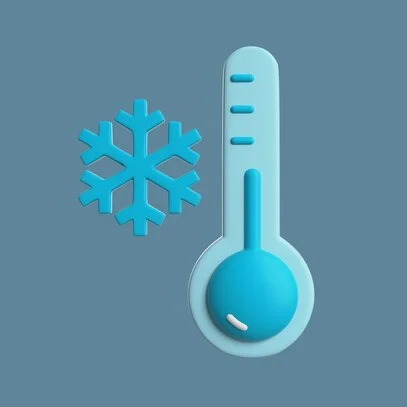Welcome to the ultimate guide on spotting and fixing ac leaks. For any ac owner, it's crucial to identify and address potential leaks promptly to ensure optimal performance and energy efficiency.
In this article, we'll delve into detailed steps, practical tips, and expert advice to empower you in tackling air conditioner leaks.
Note: for dealing with the refrigerant leaks, you need an F-Gas certified engineer. To find such an engineer, check out our air conditioner repair listing.
1. Understanding AC Systems
Spotting and Fixing AC Leaks begins with a solid understanding of your air conditioning system. Learn about the key components, such as the compressor, condenser, and evaporator, as well as the refrigerants used. Knowing the basics enhances your ability to troubleshoot and maintain your system effectively.
2. Signs of AC Leaks
Beyond the obvious drop in cooling performance, be on the lookout for subtle signs such as hissing sounds, oil stains around the AC unit, or ice buildup on the refrigerant lines. These indicators can be early warnings that your AC system might be leaking.
3. Importance of Timely Detection
Timely detection of AC leaks is not just about preventing discomfort; it's also about saving money and protecting the environment. Leaks lead to inefficient operation, resulting in higher energy bills. Additionally, refrigerant leaks contribute to greenhouse gas emissions, making prompt detection an eco-friendly choice.
4. Spotting Leaks pipeline
Though, you need to hire an F-Gas engineer to fix the leak issue, it is possible to spot leaking by yourself. Often, a simple visual inspection may help. So, check for visible signs of oil or refrigerant stains around the AC components.
5. Professional Inspection: When to Seek Help
While DIY methods are handy, there are situations where professional inspection is essential:
-
Complex Leaks: If you're unable to identify the source or fix the leak with DIY methods, it's time to call in the professionals.
-
Safety Concerns: If you suspect a refrigerant leak, it's crucial to involve experts due to the potential health hazards associated with refrigerants.
6. Common Leak Locations
Understanding where leaks commonly occur helps you focus your inspection efforts:
-
Refrigerant Lines: Check for cracks or joints in the refrigerant lines.
-
Coil Connections: Inspect the connections between the evaporator and condenser coils.
-
Schraeder Valves: Ensure the valves are tight and free of leaks.
7. Spotting and Fixing AC Leaks
Now, let's dive into practical steps an air conditioner engineer can do to fix ac leaks:
-
Tighten loose fittings: With a wrench, an engineer can tighten any loose fittings in the refrigerant lines.
-
Replace damaged components: If he discovers damaged components, such as a corroded coil, it's best to replace them promptly.
-
Recharge refrigerant levels: After fixing a leak, an engineer will recharge the refrigerant levels to the manufacturer's specifications.


